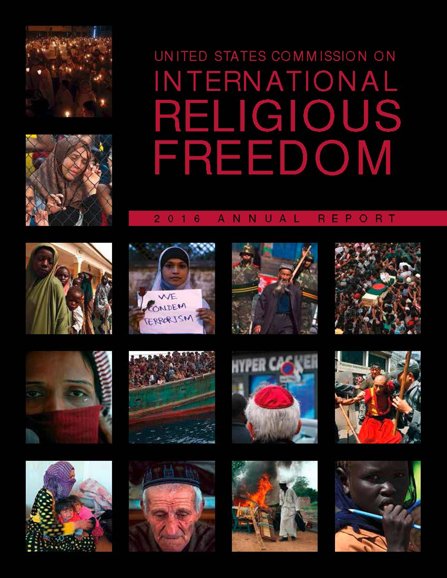
-
HOME
-
WHAT IS STANDOur Mission Our Values Our Help Contact
-
WHAT WE FIGHT FORReligious Freedom Religious Literacy Equality & Human Rights Inclusion & Respect Free Speech Responsible Journalism Corporate Accountability
-
RESOURCESExpert Studies Landmark Decisions White Papers FAQs David Miscavige Religious Freedom Resource Center Freedom of Religion & Human Rights Topic Index Priest-Penitent Privilege Islamophobia
-
HATE MONITORBiased Media Propagandists Hatemongers False Experts Hate Monitor Blog
-
NEWSROOMNews Media Watch Videos Blog
-
TAKE ACTIONCombat Hate & Discrimination Champion Freedom of Religion Demand Accountability
Let’s Do Talk About Religion
The Alarming Reality of Religious Discrimination
“Talk about anything but religion or politics.” This old saw arose from passions inflamed by discussion of deeply held beliefs. But with widening diversity in today’s world, “civilized and open discourse”—on religion in particular—should replace “let’s just not talk about it.” That approach has resulted in the unpretty state of affairs described in the following official report. A mindset shift can lead to a united resolve to end the religious demagoguery and everyday intolerance that create immense violence in our lives. The new motto of the rational majority? More talk, less conflict.
Religious discrimination is the “unequal treatment of an individual or group based on their beliefs.” The United States protects its citizens under the First Amendment to freely practice religion, but many in the U.S. and elsewhere still suffer for their beliefs.

The 2016 annual report of the U.S. Commission on International Religious Freedom found 17 nations in the category of “countries of particular concern” and another 10 with at least one element of a government that engages in or tolerates violations of religious freedom that are “systematic, ongoing, and egregious.”
The Commission introduced their report with this: “Religious freedom abroad has been under serious and sustained assault since the release of our Commission’s last Annual Report in 2015.”
All religious denominations are affected, and the numbers are significant. According to the report, the government of Uzbekistan imprisons as many as 12,800 Muslims. Terrorist attacks on a kosher supermarket in Paris, a Jewish museum in Brussels and a synagogue in Copenhagen are among the horrific results of a reported rise in anti-Semitism in Europe.
In the Central African Republic, 80 percent of the country’s Muslim population fled to Cameroon or Chad in 2014, and 417 of 436 mosques were destroyed. Human Rights groups in Iran reported a significant increase in physical assaults and beatings of Christians in prison. In China, Falun Gong practitioners are often held in “black jails” and “brainwashing” centers with reported torture, sexual violence and psychiatric experimentation.
The U.S. has its own incidents of religious discrimination. In September 2016, the U.S. Department of Education announced a series of initiatives to address religious discrimination in public schools. Researchers at California State University, San Bernardino reported that hate crimes against American Muslims in California rose 122 percent between 2014 and 2015.
Social hostilities that still occur are beyond alarming: abuse of religious minorities for acts perceived as offensive to the predominant faith; use of violence to coerce adherence to religious norms; harassment of women over religion-related dress; mob protest and violence relating to religion; and terrorist violence related to religion (think Brussels, Nice, Syria, Paris and elsewhere).
A Wikipedia list of terrorist incidents in 2016 shows an average of 147 attacks per month for the first nine months of the year. Seem like a lot of mobile phone notifications delivering news of yet another attack or bombing? The sad reality: they have become almost commonplace.
In the United States, religious discrimination persists in the stifling of religion-based decisions or expression, workplace harassment and other such scenarios. Christian Broadcasting Network reports that one-third of American workers have attested to experiencing some form of religious discrimination at work. One man who worked as a department manager from a home goods company was labeled a “terrorist” by coworkers because he chose to let his beard grow. The man alleges he was fired by the retail chain because he is Muslim.
Awareness is only a first step. In a society obsessed with political correctness, it is easy to assume that religious intolerance and discrimination are no longer a reality, but they still pervade our everyday lives. The willingness to change our mindsets to allow tolerance, inclusiveness and general acceptance of others is a big start—and the first step is “civilized and open discourse.”









